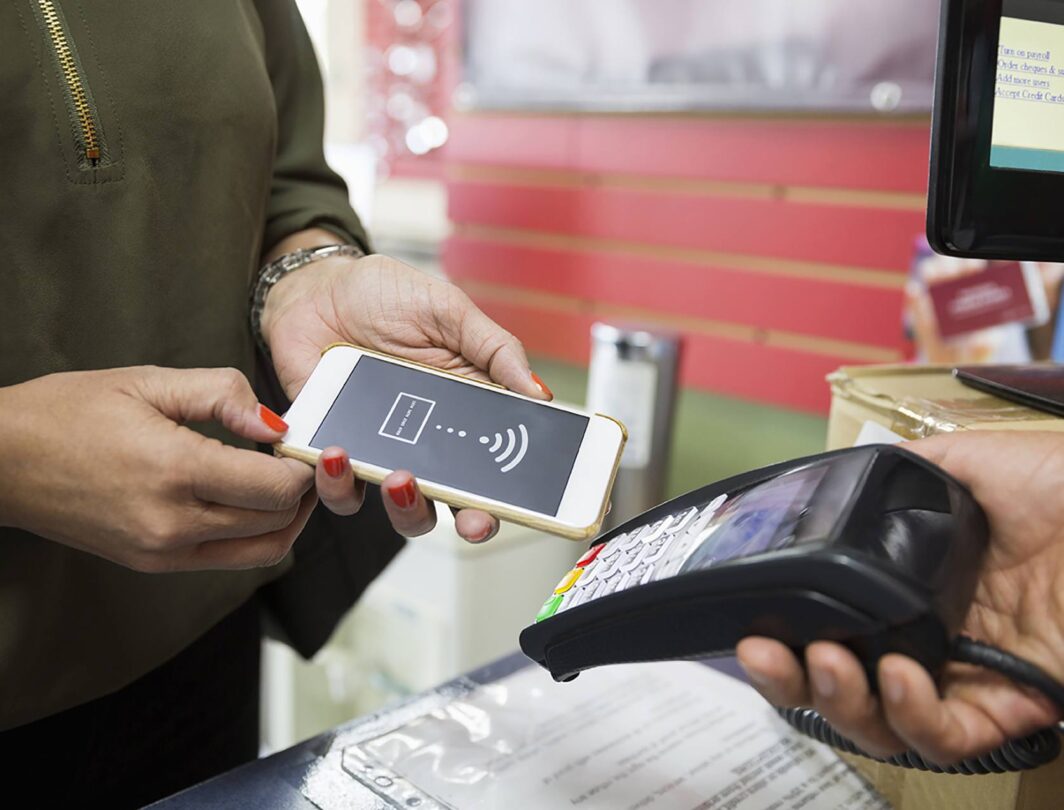Money Matters
What is Open Banking and how can it benefit your business?

In August 2016, the Competition and Markets Authority (CMA) mandated the adoption of Open Banking by early 2018. Open Banking is the name given to a wide-reaching project requiring major high-street banks to create secure gateways to access bank account data.
In plain English, that means you’ll soon be able to give third parties, such as alternative lenders or your accounting software provider, secure and confidential access to your bank account data — perhaps to quickly apply for a loan or to automate painful bank reconciliations.
A new normal
A year on from the CMA’s announcement, the UK’s lottery-funded innovation foundation Nesta has begun its Open Up Challenge, where 20 innovative technology firms have begun experimenting with real anonymised SME bank account data to see what is possible in this Open Banking future.
Funding Options is one of these technology companies and we believe Open Banking will be like rocket fuel for innovative financial services. Just as chequebooks were replaced by electronic money transfers and cash is on the wane as contactless becomes commonplace, paper bank statements will soon seem archaic if Open Banking succeeds.
Security and authentication
Perhaps the most common concern about Open Banking is that many people feel uneasy about giving their financial information to third-party organisations. These reservations are entirely understandable but there are a number of reasons that should give users comfort.
First and foremost, you will be completely in control of who has access to your private financial information, which means that only with your explicit permission will a third-party organisation be given access to your bank account data.
Secondly, Open Banking will be based on a secure industry-standard authentication which will be familiar to anyone who has used the “Log in with Google” or “Log in with Facebook” buttons that are more and more common all over the internet.
Crucially, in either case, the third-party organisation will never have access to your actual login credentials such as passwords or security questions, and you have the power to revoke their access at any time – so if you get cold feet, you can pull the plug immediately.
Put simply, Open Banking APIs will be the digital equivalent of sending a third-party a copy of your bank statements, or – in the case of read-write access – analogous to filling in a direct debit form.
It’s also worth remembering that using an app to get into a stranger’s car or to stay in their spare room used to sound scary — until the likes of Uber and Airbnb made it the new normal.
Faster, easier finances
In business lending, the most obvious benefit of Open Banking will be the ability to use read-only account access to make automatic lending decisions.
Even the most technology-focused business lenders are forced to pore over bank statements manually, and one of the biggest delays in getting a loan for your business is the laborious process of scanning and emailing documents.
With Open Banking, those delays could potentially be removed entirely. Instead of waiting a day or two to gather bank statements, for example, with your permission the underwriter could have direct access to your bank account data immediately.
Automatically generate reports
What’s more, each provider can add their own software to work with the data from there, to calculate average closing balances, group multiple bank accounts together, or automatically generate reports such as company accounts or your tax bill.
Overall, it could make it possible to get a business loan in minutes rather than hours or days, and substantially reduce the painful manual processing of bank account data.
Open Banking will launch in January 2018, which means we’ll see what can be done in the real world very soon — in the meantime, be prepared to advise your clients on the security implications, and keep your eyes open for announcements from your bank on Open Banking or the Payment Services Directive (PSD2).
The bottom line for Open Banking
Imagine a world where you can log in to a secure smartphone app, check your cash flow forecast, review outstanding debtors, and apply for a loan — all in the same app within minutes.
There would be no need to download or print bank statements and perhaps even no need to show accounts filed at Companies House. It is this kind of future that makes Open Banking extremely exciting.







Ask the author a question or share your advice